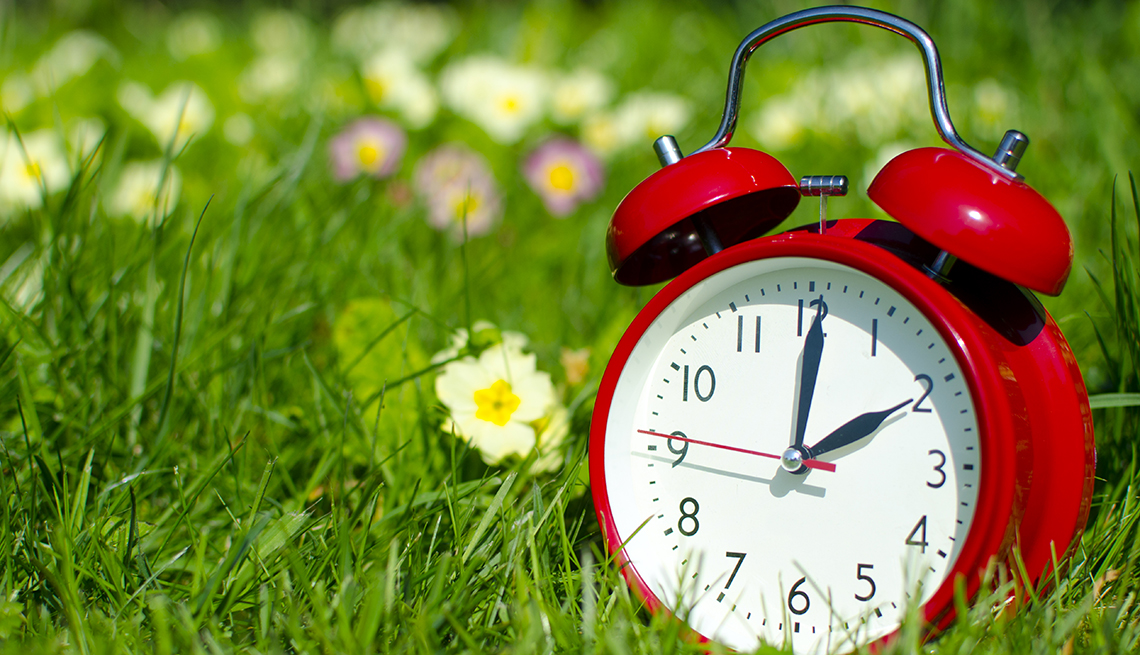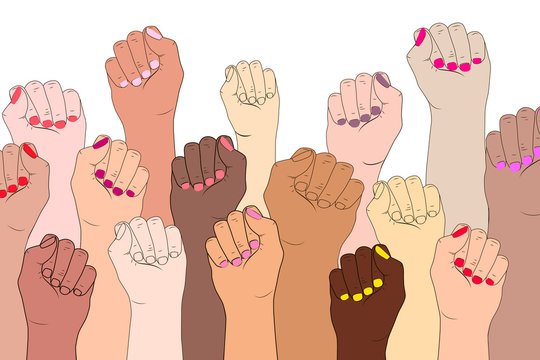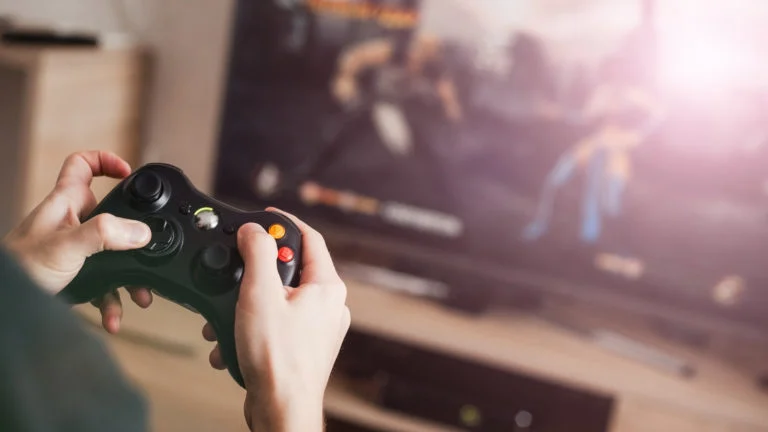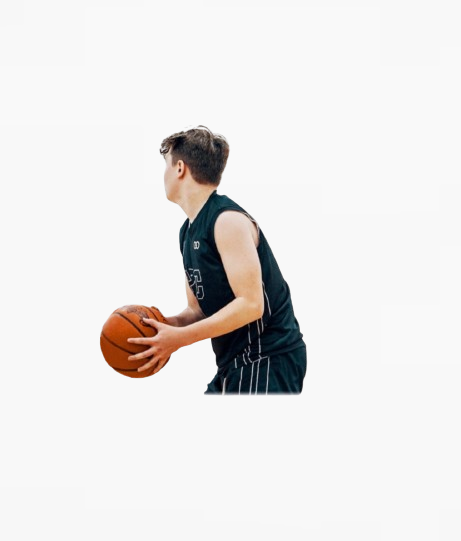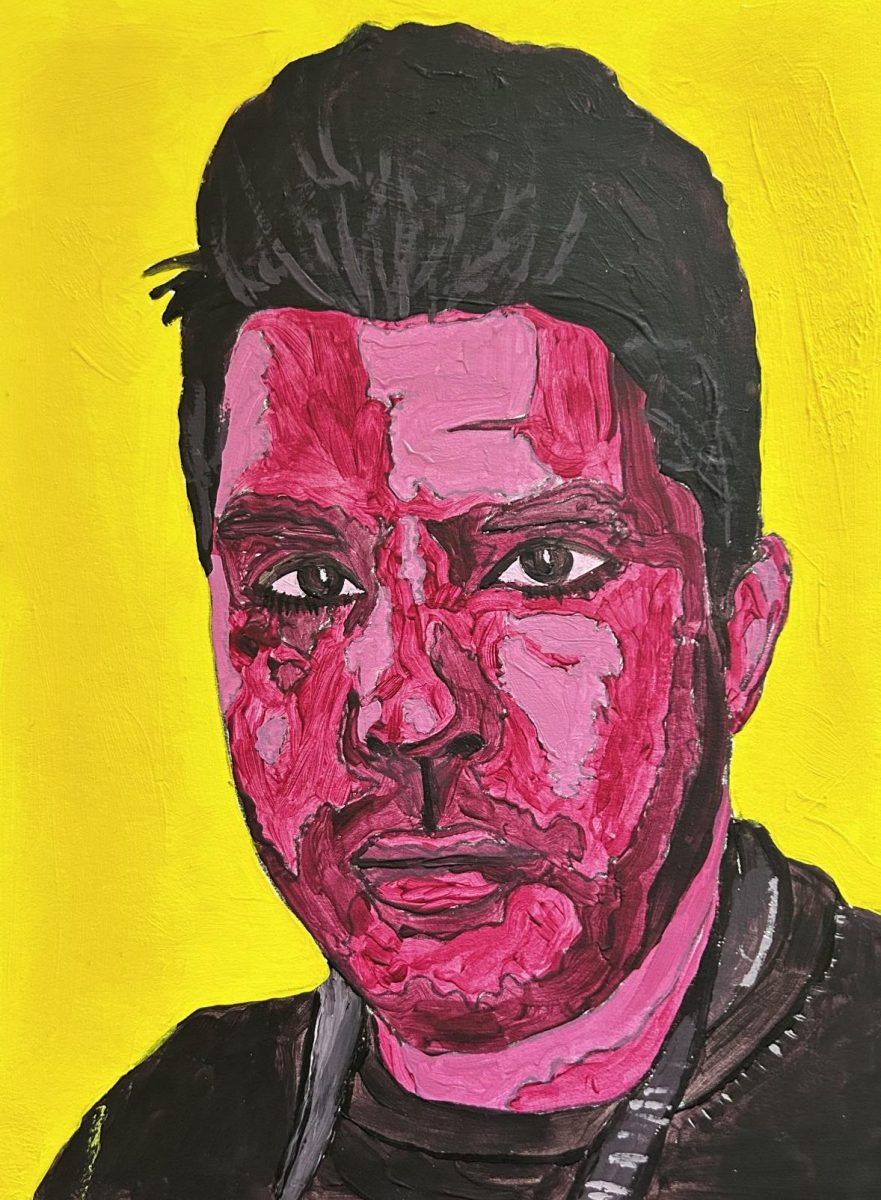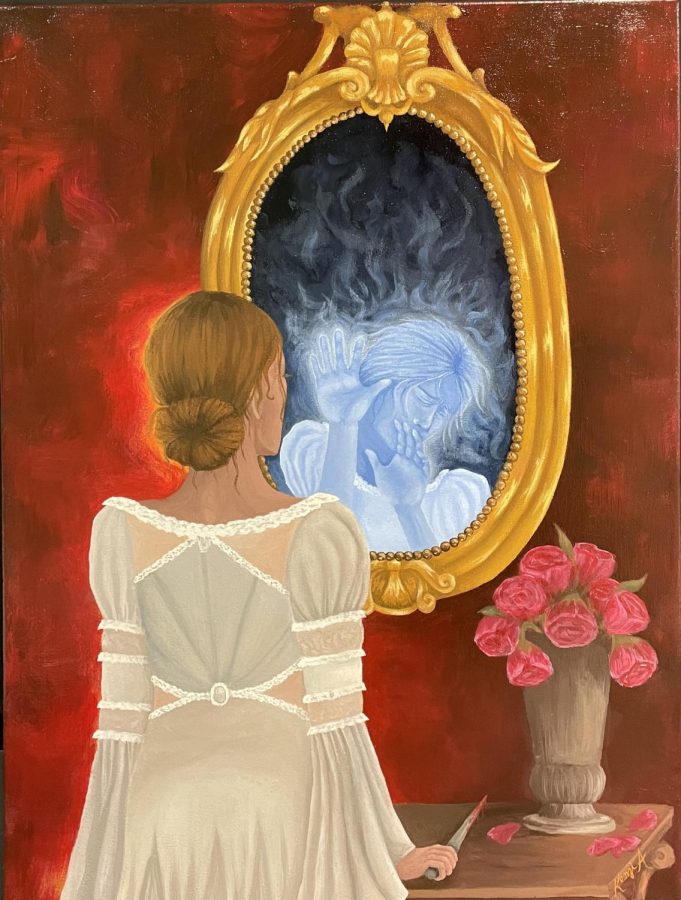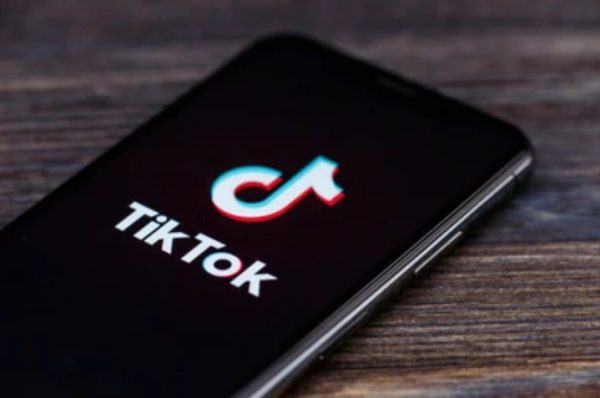Social Media is a Lead Cause For Eating Disorders
How Photoshop and social media messes with our perception of what’s real and what’s not.
You open your Instagram and start scrolling through the posts. You come across a celebrity you follow who posted a picture. Whether it’s the way their body looks, their hair or eye color, or their fame, you look nothing like them. People soon think that to get the celebrity’s number of followers, they have to change how they look for them.
13% of adolescents will develop an eating disorder by the time they’re in their twenties. Although 1.5% percent are male, 3.8% of them are female, and even scarier, 0.48% of girls from 15-19 suffer from anorexia nervosa. Anorexia nervosa is an eating disorder caused by abnormally low body weight, a relentless pursuit for thinness, a distortion of body weight, and extremely disturbed eating behavior. Bulimia Nervosa is an emotional disorder involving distortion of your body image and an obsessive desire to lose weight.
The culprits? Photoshop and social media.
With Photoshop, you can change anything. You can make the background of a picture look better, brighter or darker. Then you can change your body to make yourself more appealing. Meaning when you post it, anyone can see it. You feel that to be pretty, you have to look like Kylie Jenner or Noah Beck when in reality, that is not true.
With social media, you get lost in the rabbit hole of scrolling, your eyes drifting to the people who don’t look like you. People who might have shinier hair or thinner legs. In some cases, that is just how they are built, but then there are cases where they use Photoshop to be perceived that way.
There are a few celebrities who have struggled with and had to overcome eating disorders, and they refuse to let social media dictate how they’re supported to look or act.
“If I can use any of the pain that I’ve gone through,” says Talullah Willis, “to help girls heal a little, even if it’s the smallest piece, by something I’ve written or the way I’ve written it, that’s very, very important to me.”
To everyone who struggled with an eating disorder, knows someone who is struggling, or who is struggling with one, please talk to someone about it and get the help they need. And, honestly, who cares about the number of likes you get? After all, likes are just computer code – not a true emotional response.

Dacey is a Junior and a second year writer for the Station. She wrote for the Derry Middle school newspaper in the past. She is in the Journalism and Newspaper...


